The world is a risky place, according to Scott Wedge, Principal R&D Engineer at Synopsys, who presented at the Synopsys HSPICE SIG on Feb 2[SUP]nd[/SUP] in Santa Clara. Indeed, the world circuit designers face can be uncertain. Dealing with risk and departure from ideal was a main theme in the fascinating talks at this dinner… Read More
Electronic Design Automation
Making Functional Simulation Faster with a Parallel Approach
I’ll never forgot working at Intel on a team designing a graphics chip when we wanted to simulate to ensure proper functionality before tapeout, however because of the long run times it was decided to make a compromise to speed things up by reducing the size of the display window to just 32×32 pixels. Well, when first silicon… Read More
Qorvo Uses ClioSoft to Bring Design Data Management to RF Design
A couple weeks ago I gave a heads-up about a webinar that was being hosted by ClioSoft, Qorvo and Keysight. The topic of the webinar was how to manage custom RF designs across multiple design teams and CAD flows. The webinar was held on February 1st and included presentations by Marcus Ray of Qorvo and Michele Azarian of Keysight.
Much… Read More
CEO Interview: Amit Gupta of Solido Design
Solido Design Automation is rapidly making a name for itself in EDA. Amit Gupta is founder and CEO of Solido Design Automation, based in Saskatoon, Canada. You should also know that Solido is one of the founding members of SemiWiki.com. In the last six years we have published 44 Solido related blogs that have racked up more than 200,000… Read More
DVCon San Jose February 27th – March 2nd
DVCon is fast approaching, less than 3 weeks away. As a verification geek, this must be one of my favorite conferences, so I’ll be there; you’ll see me at tutorials, presentations and wandering around the Exhibit hall. (Pictures here from the 2016 DVCon – many of the same attendees will be at this year’s conference after all :cool:)… Read More
Notes from the Neural Edge
Cadence recently hosted a summit on embedded neural nets, the second in a series for them. This isn’t a Cadence pitch but it is noteworthy that Cadence is leading a discussion on a topic which is arguably the hottest in tech today, with this range and expertise of speakers (Stanford, Berkeley, ex-Baidu, Deepscale, Cadence… Read More
FPGA Design Gets Real
FPGA’s have become an important part of system design. It’s a far cry from how FPGA’s started out – as glue logic between discrete logic devices in the early days of electronic design. Modern day FPGA’s are practically SOC’s in their own right. Frequently they come with embedded processor cores, sophisticated IO cells, DSP,… Read More
Aspirational Congruence
When talking to suppliers about their products, conversation tends to focus heavily on what they already have and why it is the answer to every imaginable need in their space. So it’s refreshing when a vendor wants to talk about where customers want to go without claiming they already have the answer wrapped up in a bow. I recently … Read More
CTO Interview: Peter Theunis of Methodics
Fascinated by computers at a very young age, Peter got his degree in Computer Science and was brought to the Bay Area via AIESEC Berkeley’s student exchange program to write his thesis. He has now more than 15 years of professional experience in software engineering, large scale systems architecture and data center engineering… Read More
SPICE Model Generation using Machine Learning
AI and machine learning are two popular buzz words in the high-tech daily news, so you should be getting used to hearing about them by now. What I hadn’t realized was that EDA companies are starting to use machine learning techniques, and specifically targeted at the daunting and compute intensive task of creating SPICE models… Read More


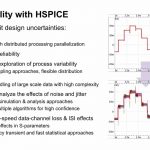
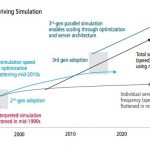
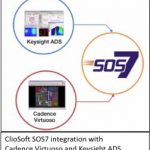

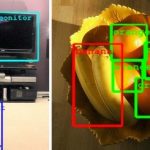

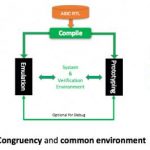

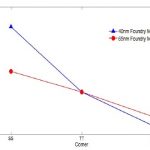
TSMC Process Simplification for Advanced Nodes